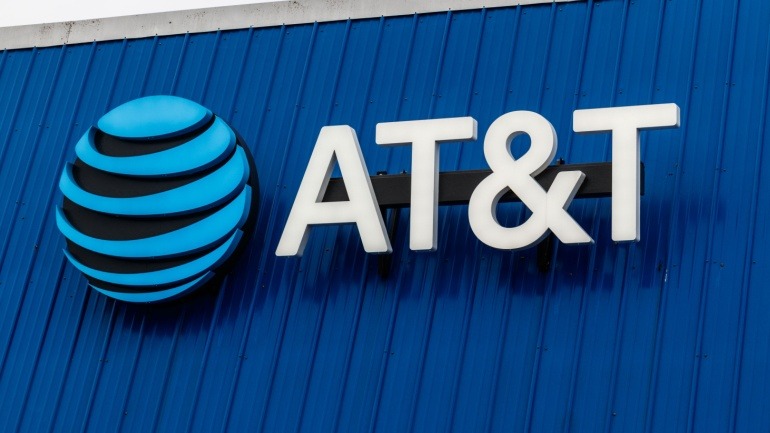KCOM CEO Tim Shaw steps down after six years, marking the end of major fibre broadband expansion across East Yorkshire and Lincolnshire. As rivals challenge its market position and regulators push for greater network access, investor Macquarie weighs options.
Foxconn and TECO’s strategic share-swap alliance is set to revolutionize the AI infrastructure market by leveraging Foxconn’s expertise in AI server production and TECO’s prowess in industrial systems. Their collaboration aims to provide modular AI data center solutions globally, aligning with evolving market demands for scalable and sustainable infrastructure.
AT&T exceeded expectations in the second quarter, gaining over 400,000 postpaid phone subscribers while outpacing Verizon. The company plans major fiber expansion, retiring copper networks and investing billions to reach 60 million locations by 2030, aiming to sustain long term growth and financial stability.
EE aims to expand its standalone 5G network to cover half the UK population by August, reaching over 34 million people. While rollout continues in dozens of towns and cities, doubts persist among MPs about nationwide 5G coverage by 2030.
Nvidia is facing a significant challenge as it informs Chinese clients about the shortage of H20 chips, a crucial AI processor. This arises due to U.S. government delays in export licenses amidst trade tensions and restrictions.
CityFibre has secured a remarkable £2.3 billion funding to accelerate its expansion in the UK’s altnet market. This financial boost includes £500 million in new equity and a £960 million debt extension, aiming to strengthen CityFibre’s position against competitors like Openreach.
A recent study by BT highlights a critical cybersecurity gap among UK SMEs, with 39% neglecting essential training. This oversight leaves nearly two million businesses vulnerable to cyberattacks like phishing and ransomware, which affect 85% of companies.
FiberCop has doubled its bond issue to €2.8 billion after strong investor demand, boosting funds for its broadband expansion. With over 12 million homes now connected and rollout targets on track, the company strengthens its position amid concerns over rival Open Fiber’s delays and stalled cooperation.
APFN has completed a major consolidation, merging five firms into two core entities: APFN for wholesale and Cuckoo for retail, both now owned by Fern Fibre. The company also launched aquila, a national fibre platform, and introduced new leadership, marking a pivotal shift toward streamlined operations and future growth in the UK.
Nokia secured a four-year contract extension with Elisa to upgrade mobile networks in Finland and Estonia. The deal includes deploying energy-efficient 5G equipment, enhancing speed, coverage, and capacity. New technologies will support advanced applications in artificial intelligence, augmented reality, virtual reality, and industrial automation.













